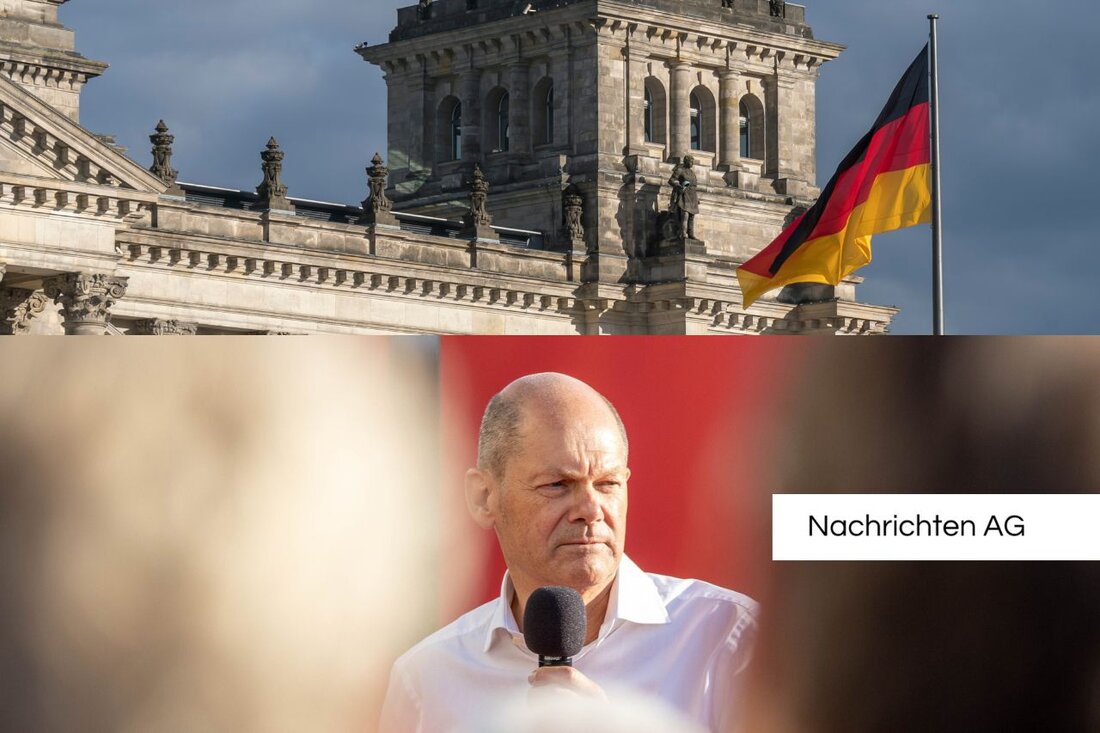Merz fails historically at the first ballot for chancellor!

Merz fails historically at the first ballot for chancellor!
Berlin, Deutschland - On May 6, 2025, Friedrich Merz, the CDU leader, failed in the first ballot as Chancellor. He received 310 out of 621 votes, while the majority of 316 votes would have been necessary for a choice. This result is unique in the history of the Federal Republic of Germany, since it is the first time that a designated Chancellor was not elected in the Bundestag after a federal election and successful coalition negotiations. In the past, the results in Chancellor elections were usually below the number of coalition seats, which makes the Situation even more remarkable. t-online.de reports that the coalition fractions of CDU/CSU and SPD have a total of 328 seats in the Bundestag.
The outcome of the election raises questions about the political climate in Germany. At first glance, it seems paradoxical that a candidate who is supported by a strong coalition could not reach the necessary majority. Historical comparisons make it clear that Merz ’number of votes is not only below the necessary majority, but also under the results of previous Chancellor elections. For example, Konrad Adenauer received only 202 votes in 1949 and Angela Merkel achieved 397 votes in 2005 with the support of 448 possible votes from her coalition.
an unusual choice of election
Against this background, it is interesting to look at the results of other chancellor elections. Olaf Scholz, for example, received 395 votes in 2021, although the traffic light parties had a total of 416 votes. Gerhard Schröder was also elected in 1998 with six more votes when the red-green coalition had seats in the Bundestag. The circumstances that led to Merz ’defeat could indicate a deeper split within the coalition or the electorate, which may not be sufficiently behind his candidacy. Spiegel.de analyzed the possible causes and reactions of the political Actors on this crucial choice.In the 16-year history of the federal elections, there have been many turns. As is well known, elections significantly influence the chancellor's election and the formation of government. It is important to remember that the principle of representative democracy states that the people choose the Bundestag from which the Federal President suggests the candidate for Chancellor. According to Article 38 of the Basic Law, MPs are not bound to orders, but are only subject to their conscience.
Review of the chancellor elections
Since the first federal election in 1949, there have been sixteen federal elections, each with their own special features and results. From the election of Konrad Adenauers to Angela Merkel and Olaf Scholz there were always surprises and turning points. The following table offers an overview of the last chancellor elections:
Jahr
| Chancellor
| | |
|---|---|---|
| 1949 | Union: 31.0%, SPD: 29.2%, FDP: 11.9% | Konrad Adenauer |
| 2005 | Union: 35.2%, SPD: 34.2%, FDP: 9.8% | Angela Merkel |
| 2021 | SPD: 25.7%, Union: 24.1%, Greens: 14.8% | Olaf Scholz |
The events related to Friedrich Merz's choice of Chancellor are not only an important chapter in German political history, but also call questions about the future direction of the CDU and the stability of the existing coalitions.
| Details | |
|---|---|
| Ort | Berlin, Deutschland |
| Quellen | |
